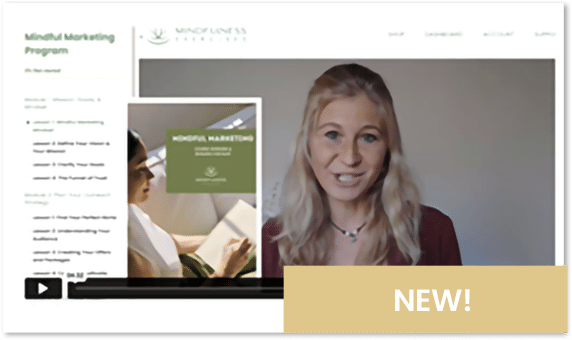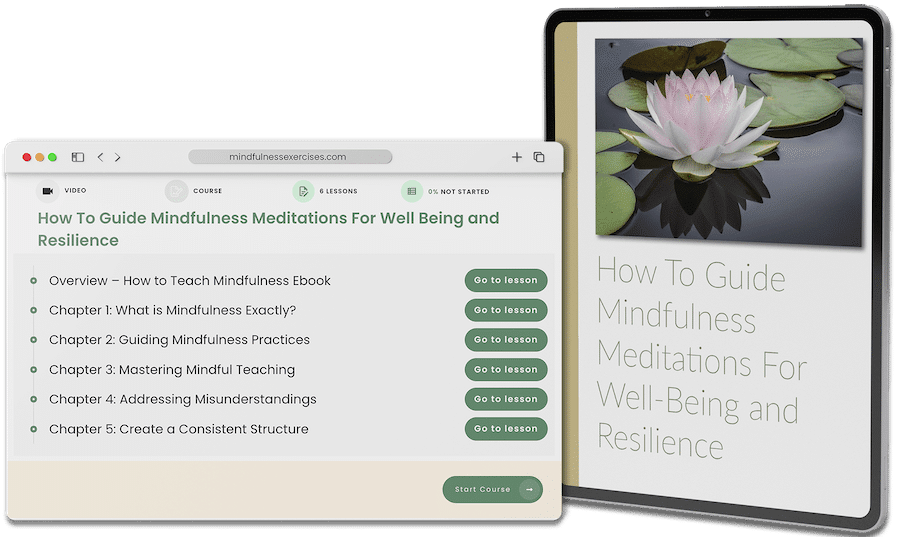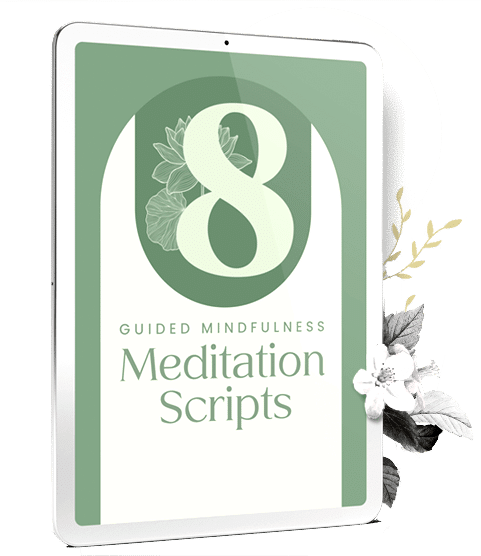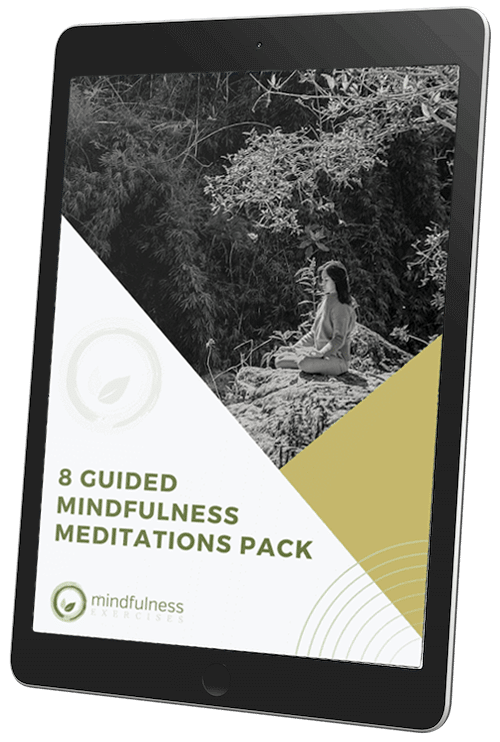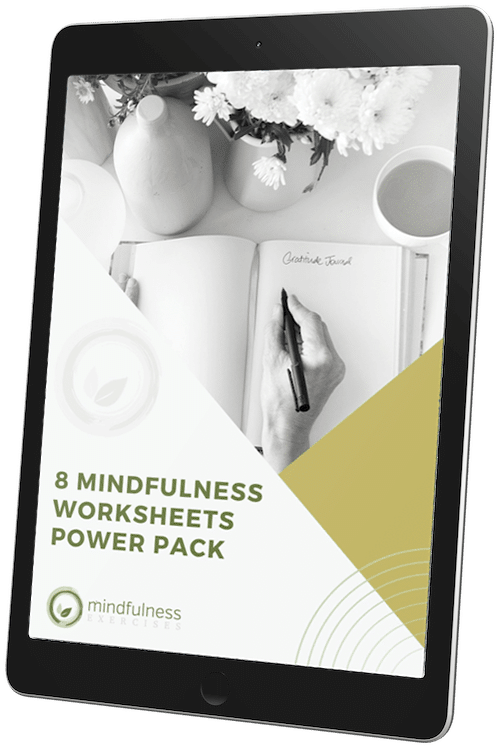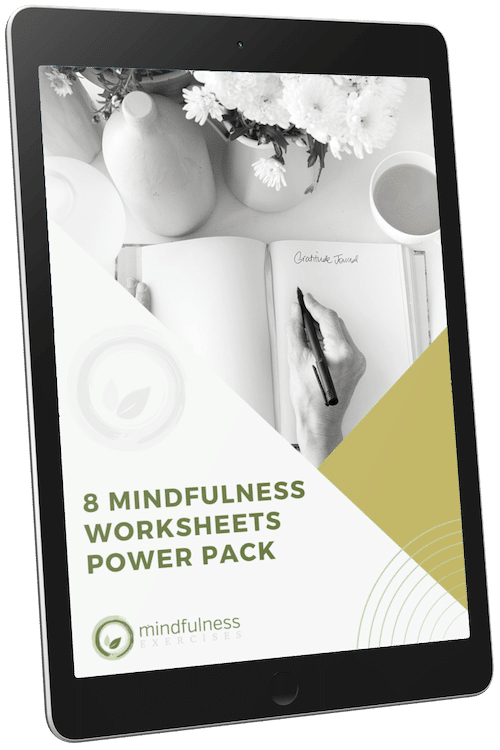If you’ve been feeling exceptionally stressed lately, you’re not alone. Election-related anxiety in the United States is at an all-time high as we approach the November 3rd voting date. This year, our stress is compounded by an ongoing global pandemic, wildfires, hurricanes, and the growing pains of awakening to systemic racism.
People feel insecure, uncertain about the future, and fearful about the potential unrest a contested election may bring. In moments of great stress, mindfulness and meditation can help.
About Election Stress:
Election Stress Disorder is a non-medical term that was coined during the 2016 election. Four years later, more Americans report feeling election-related stress than ever before. In August of 2019, a survey conducted by the American Psychological Association found that 56% of American adults identified the presidential election as a ‘significant stressor.’ This number was up from 52% the year before. One year later, with the election looming closer, tensions are on the rise.
The problem with stress is that it’s an unproductive way to handle our insecurity, fear or discomfort. When we’re stressed, we make poor decisions, become defensive and react in ways which exacerbate problems. Stress is also bad for our health. Stress is related to headaches, nausea, stomach and digestion issues, decreased immunity and auto-immune disease. Long-term stress that goes unresolved can lead to clinical depression and anxiety disorders.
If election stress is overwhelming you, mindfulness and meditation can help. By acting mindfully and meditating daily, we can reduce stress and stay healthy through the upcoming US election and beyond.

Mindfulness Ways to Minimize Election-Related Stress
Practice Awareness
Mindfulness begins with awareness of the present moment. Often, we don’t even notice we’re stressed until something goes wrong, or until our body tells us we’re stressed via illness. Our relationships can also be signifiers of the stress in our lives. When we’re stressed, we tend to become irritable and moody, we get impatient and become angry with others. Stress causes memory and concentration problems, and can lead to compulsive behavior.
When we practice mindfulness, we get better at recognizing how stress manifests in our lives and when. To mindfully address stress, we must understand what stress feels like for us, and what our triggers are. With this information, we can take wise action to practice self care.
A Mindfulness Exercise to Deepen Awareness:
To get in touch with sensation in your body and mind, practice the following body scan exercise:
Deepen Awareness 6 Different Ways with these Mindfulness Body Scans
Limit Your News Intake
The ‘news’ is among the most common triggers of stress. Whether we get our news from the television, newspaper, or social media, it’s all potentially triggering. Part of developing awareness is understanding that the news, like all forms of media, is under pressure to earn money through clicks, shares, and likes. People are far more likely to share news that’s inflammatory, whether because they agree, or because it makes them angry.
Sometimes just understanding this can help us view the news with a little more distance, a tool we learn in meditation practice by watching our thoughts. Better yet, we can create physical distance by disconnecting and turning off the source. Mindful consumption of media helps reduce our stress.
A Mindfulness Exercise for Media Awareness:
The next time you’re watching the news or scrolling through your media feed, practice the following:
Go Deeper with this Free Downloadable Meditation Script on Awareness of Social Media
Set Boundaries on Political Discourse
If you can have a civil conversation with others regarding political issues, that’s great. For many of us, discussing politics only stirs up rage and increases stress. This can happen in discussion even with those who agree with us, and can escalate when speaking with someone who has a counter viewpoint. When conversation devolves into argument, it benefits no one, and can do great harm.
We often tie our identity to our thoughts and ideas, and when someone challenges these beliefs, it can feel like they are challenging us. In meditation practice, we learn that we are not our thoughts, and that our thoughts might change at any time. Creating this space between the belief and the person is one way to remain calm and cordial during conversation. Sometimes, however, it’s best to not have the talk.
A Mindfulness Exercise for Setting Boundaries:
The next time you’re in conversation with someone about politics, notice the following:
Set Healthy Boundaries with this Free Downloadable Meditation Script on Visualizing Your Inner Landscape
Practice Self Care
All types of stress are mitigated when we set aside time to take care of the basics, such as eating well, sleeping well, and exercising. The body is fantastically resilient, but we only have the capacity to handle so much. When we skip meals or stop sleeping well due to stress, it only makes stress worse. When we do get stressed, it helps to discharge it by moving. Try a yoga class, or take a walk.
True self care is not about spending money on spa days or expensive personal gifts, although those can certainly be involved. Self care is about living life daily within parameters that allow us to feel well rested, healthy and happy, so we can be present and beneficial to others.
A Mindfulness Exercise for Self Care:
Each day, consider the following…
Go Deeper with this Mindfulness Worksheet on Caring for Yourself in an Integrated Way
Meditate Daily
Meditation helps prevent rumination and catastrophic thinking, it makes us less reactive, and calms our emotions. When we’re less reactive, we get less angry, less defensive, and we’re less likely to hit share on a negative post. The energy we contribute to the world becomes more positive when we meditate.
Meditation teaches us to become more compassionate. We become better able to empathize with the viewpoints of others, and less reactive to those who are negatively expressing their own stress. Election stress depends in part on the belief we’re separate. Through meditation, we realize we’re each alike in more ways that we’re not.
A Mindfulness Exercise for Daily Meditation:
Each day, gift yourself 5 minutes or more of meditation. If you’re new to the practice, try the following:
Browse Hundreds of Mindfulness Exercises for Beginners to Find the Daily Practice You Like Best
Take Action
We often feel stressed because we feel helpless. We feel as though the world is heading in a certain direction, and there’s nothing we can do. Yet if one person can cause us stress, or another can give us hope, we must remember that we too have potential to change the world. Changing the world begins with taking action, no matter how small.
Continuing with our mindfulness and meditation practice is the most important action we can take. When we work on ourselves and our own minds we become better equipped to help others, and we do less harm. In this way, we contribute positively to the type of world we’d like to live in.
Through mindfulness and meditation we develop resilience, confidence and compassion that we can take out into the world. Taking action to change the world can be as simple as making a commitment to vote. Action may include advocating for issues that are important to us, donating money, or volunteering.
A Mindfulness Exercise for Taking Action:
Go Deeper with Intentional Acton by Learning About Reactions versus Responses
Remember You’re Not Alone
While Election Stress Disorder is a cute sounding name, it’s important to remember that it’s not a true disorder. If you’re feeling election-related stress, you’re normal and you’re not alone. No matter what side of the political spectrum you land on, you’re not the only one feeling stress. Through mindfulness and meditation, we learn our emotions are not ours alone to carry, but human emotions that are felt by many.
A small amount of stress is a positive thing. It’s what drives us to take action in our lives, and inspires us to vote for change. If your stress has become unmanageable, return to your mindfulness practice. You’ll find hundreds of free meditation scripts, worksheets and videos at MindfulnessExercises.com If mindfulness alone isn’t helping or if meditation increases your stress, reach out to a professional for help. There’s no reason to suffer through stress on your own.









